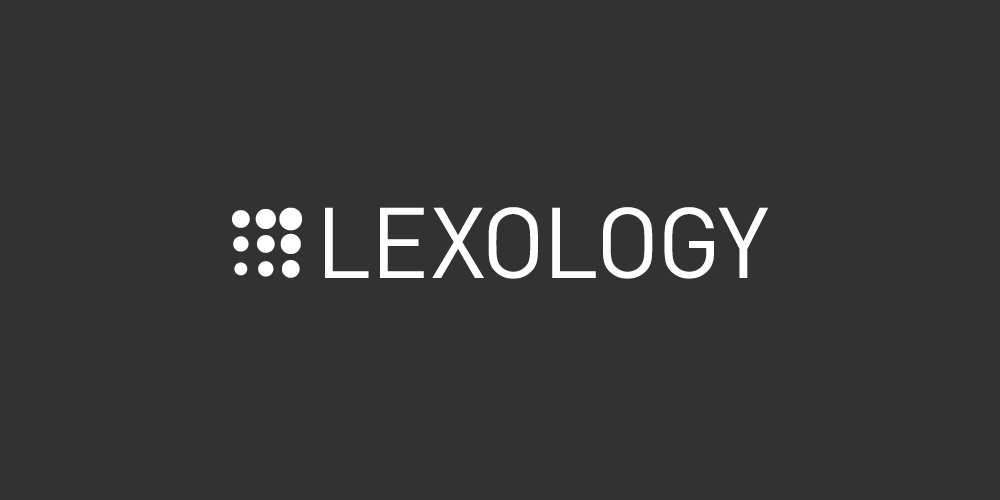Review your content’s performance and reach.
Become your target audience’s go-to resource for today’s hottest topics.
Understand your clients’ strategies and the most pressing issues they are facing.
Keep a step ahead of your key competitors and benchmark against them.
add to folder:
Questions? Please contact [email protected]
In a dispute over investment in Dash cryptocurrency, one of the more well-known and established altcoin cryptocurrencies, the Dubai Primary Court ordered payment to the plaintiff in Dash (as opposed to in Dirhams, US Dollars, or UK Pounds).
This is one of the first cases in the UAE where the court orders compensation in cryptocurrency as opposed to fiat currency providing substantial considerations for how disputes over cryptocurrency transactions should be managed.
Background
The plaintiff purchased 6000 Dash from the defendant for the amount of USD 540,000, on the promise that the defendant would invest the cryptocurrency for a return of 3% per week.
The defendant failed to pay the plaintiff the investment return, or the principal investment, despite multiple demands by the plaintiff.
The plaintiff sued before the Dubai Primary Court for USD 1,009,800 being the value of the Dash coins at the time plus the agreed upon returns of 3% per week.
Dubai Primary Court judgment
The Court ruled in favor of the plaintiff awarding the 6000 Dash instead of the amount of USD 1,009,800 claimed by the plaintiff.
Although the transaction agreement was evidenced and established, the Court did not award a monetary value in fiat currency on the basis that the plaintiff did not evidence the true market value of the Dash that was being claimed.
This is the first known case where a UAE court awards damages in cryptocurrency only, without identifying any fiat currency as a value to such cryptocurrency in the award.
The Court ordered in its judgment disposition:
“Obligating the defendant to return to the plaintiff an amount of (6000 Dash Cryptocurrency) to the electronic address of the plaintiff’s wallet.”
The Court based its reasoning on the Federal Commercial Transactions Law as follows:
“The meaning of the provisions of Articles 76, 77, 88, 90 of the Commercial Transactions Law is that if the debt arises from a commercial business and relates to a sum of money of known amount at the time the obligation arises and the debtor is late in paying it, then the creditor has the right to demand interest on it as compensation for delay, and this interest applies from the maturity date of this debt, and is calculated according to the price agreed upon in the contract concluded between the two parties. If no interest rate is specified in the contract, it is calculated according to the prevailing market price at the time of dealing, provided that it does not exceed 12% annually until the full payment.
…
The contract concluded between the two parties did not include a reference to any website whereby the unit price of the [crypto] currency will be calculated and therefore the benefits resulting from it cannot be estimated due to the lack of knowledge of its price in the market as it changes daily.”
Takeaway
This is a significant judgment for those engaged in the digital asset economy in the UAE to account for; (i) at the time of contracting; (ii) at the time a dispute arises; (iii) and in strategizing the most appropriate relief to seek from the courts or arbitration tribunals to maximize return.
Should parties wish to recover their cryptocurrency in fiat currency at the time of making a claim, it is crucial to:
On the other hand, should a plaintiff expect the value of the cryptocurrency to rise, this judgment provides grounds to make claims and request compensation in the cryptocurrency that was traded/invested as opposed to a monetary value.
If the price of the cryptocurrency is expected to increase, it may be beneficial to request the courts to grant relief in the form of the cryptocurrency as opposed to the monetary value.
This is because if the court awards relief in the monetary value of the cryptocurrency (as opposed to awarding the cryptocurrency itself) the value of the fiat currency in the judgment would be set at the date of the judgment and generally remain so during appeal and enforcement.
Appeals and enforcement could take months or years.
During which time the value of the cryptocurrency could increase in folds.
However, if the judgment awards a party in cryptocurrency instead of fiat currency, that cryptocurrency value would continue to increase as the parties go through appeal and enforcement procedures.
And the winning party would be able to enforce at the then-current price of the cryptocurrency (at enforcement), as opposed to the price at the time of the initial judgment.
add to folder:
If you would like to learn how Lexology can drive your content marketing strategy forward, please email [email protected].
© Copyright 2006 – 2022 Law Business Research
Author
Administraroot

